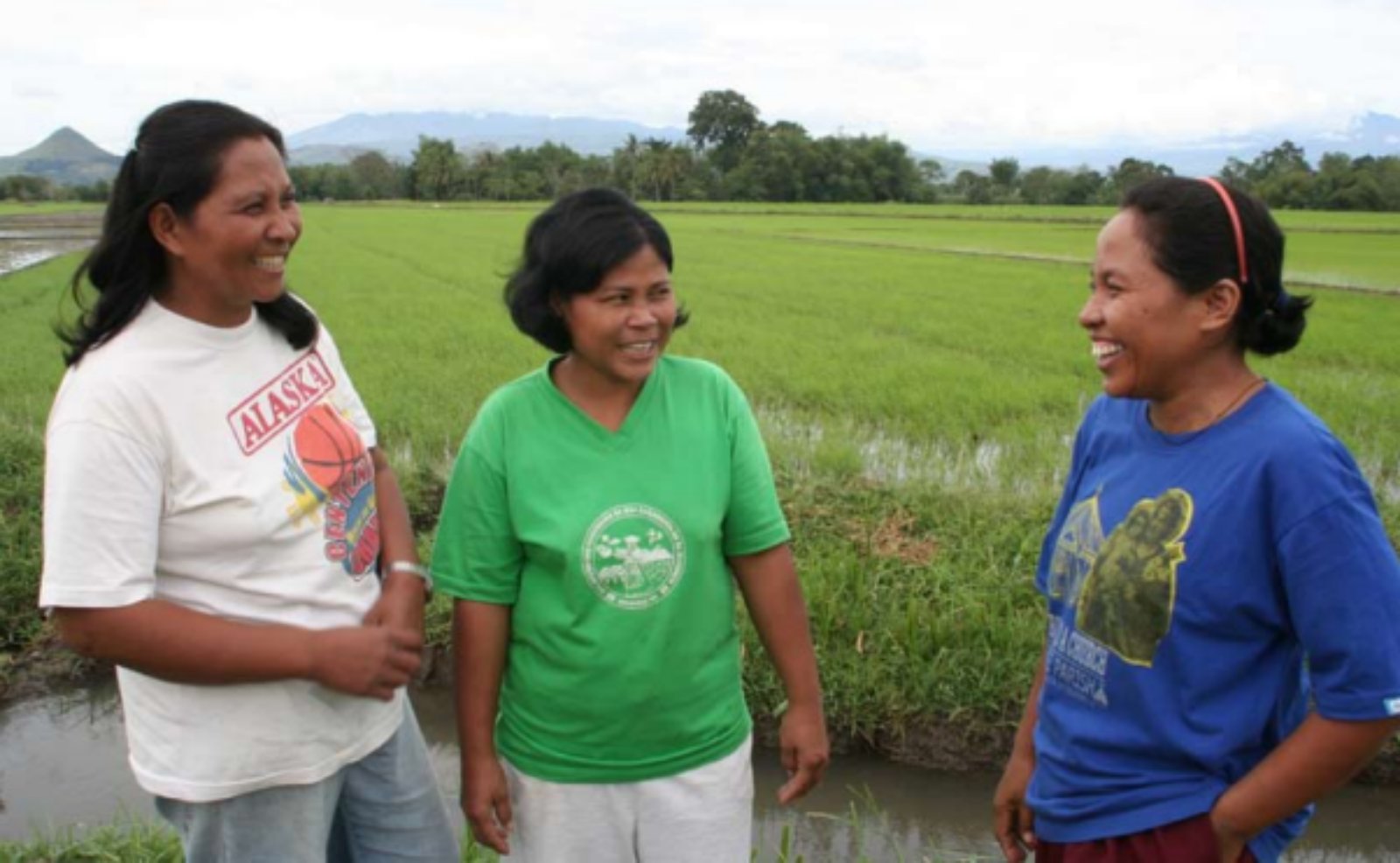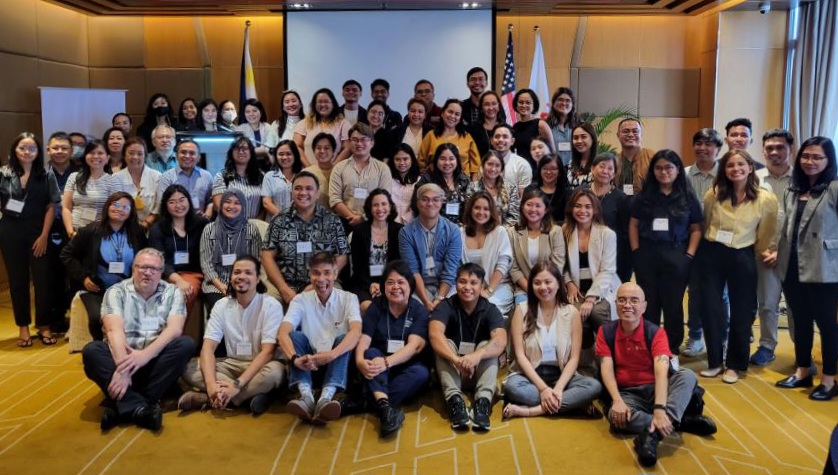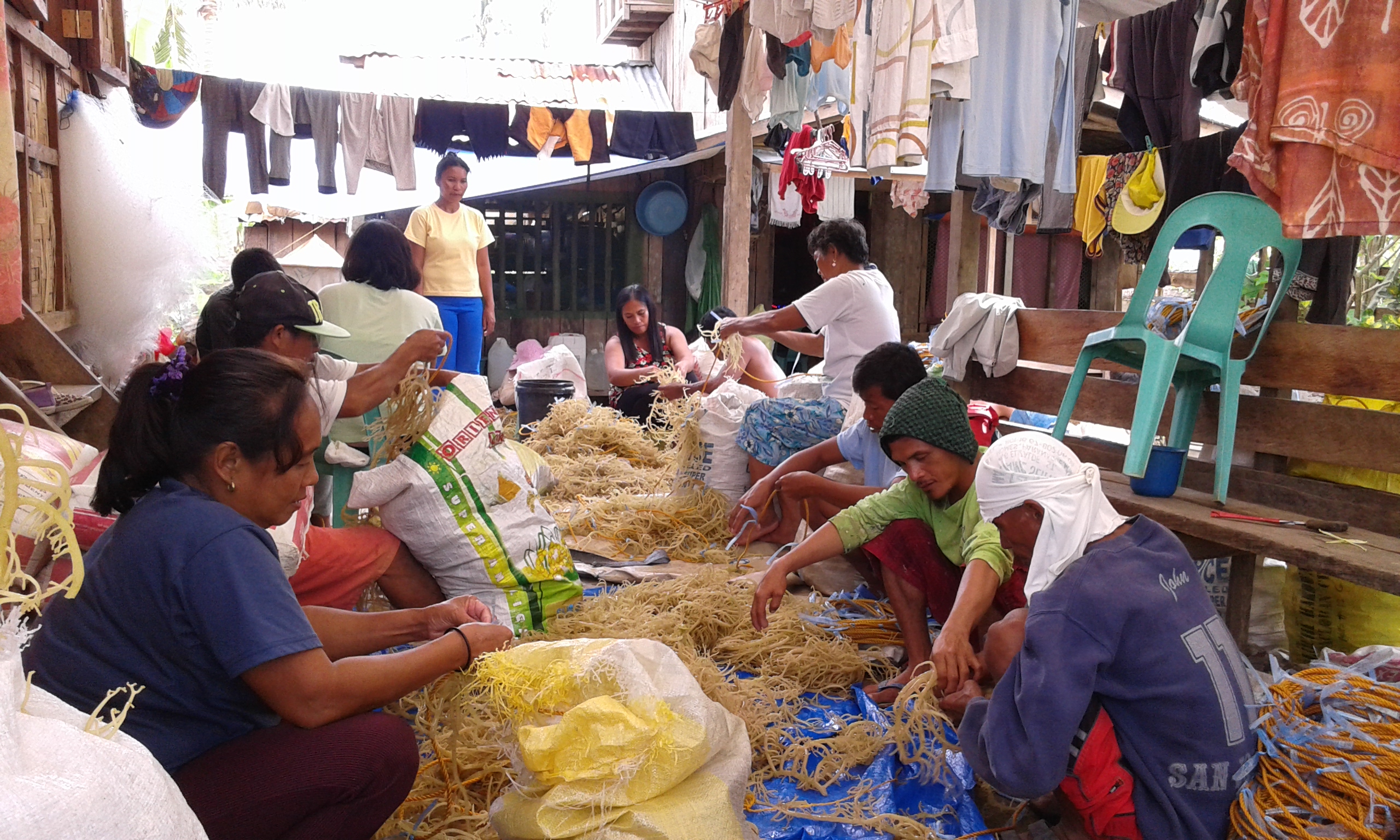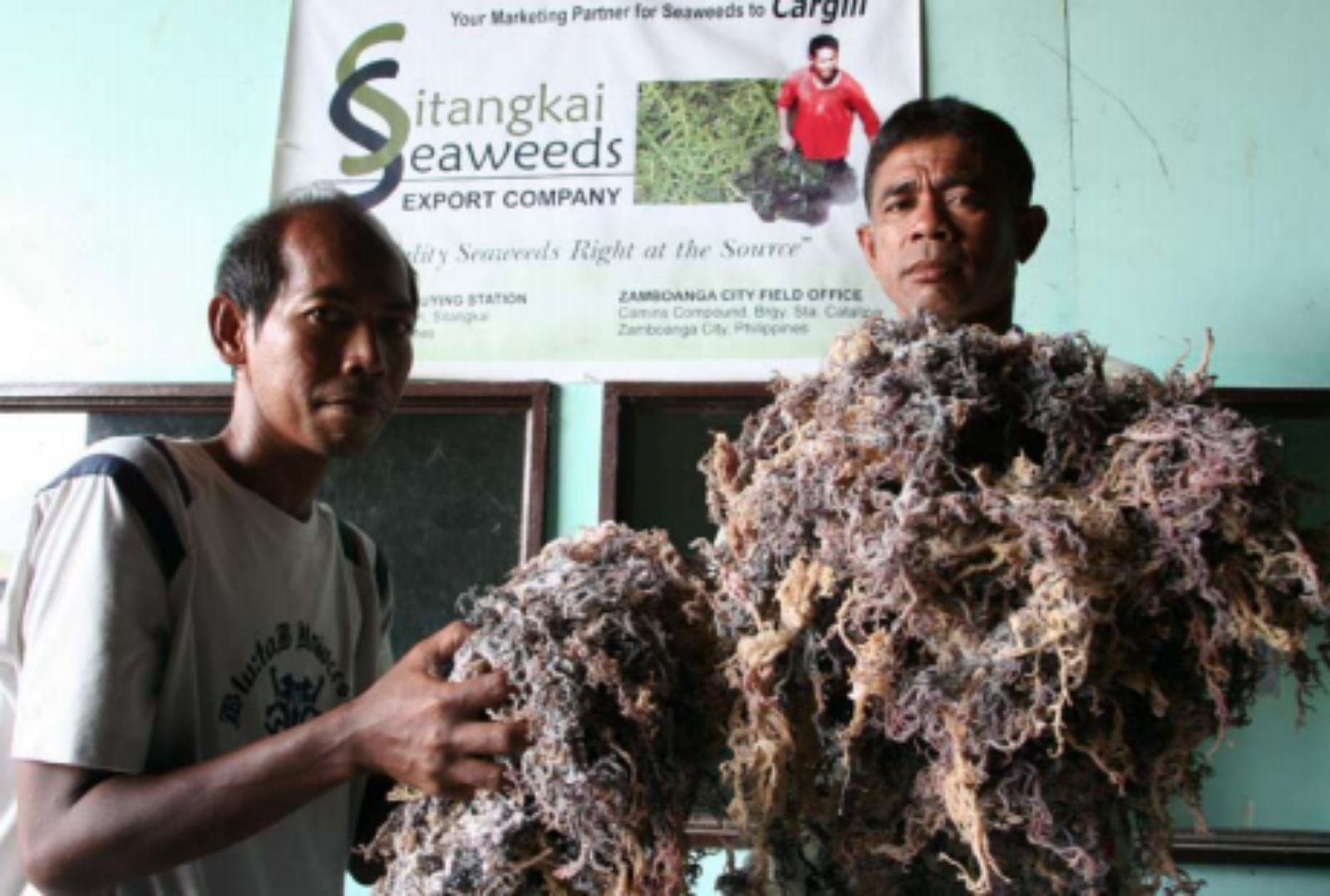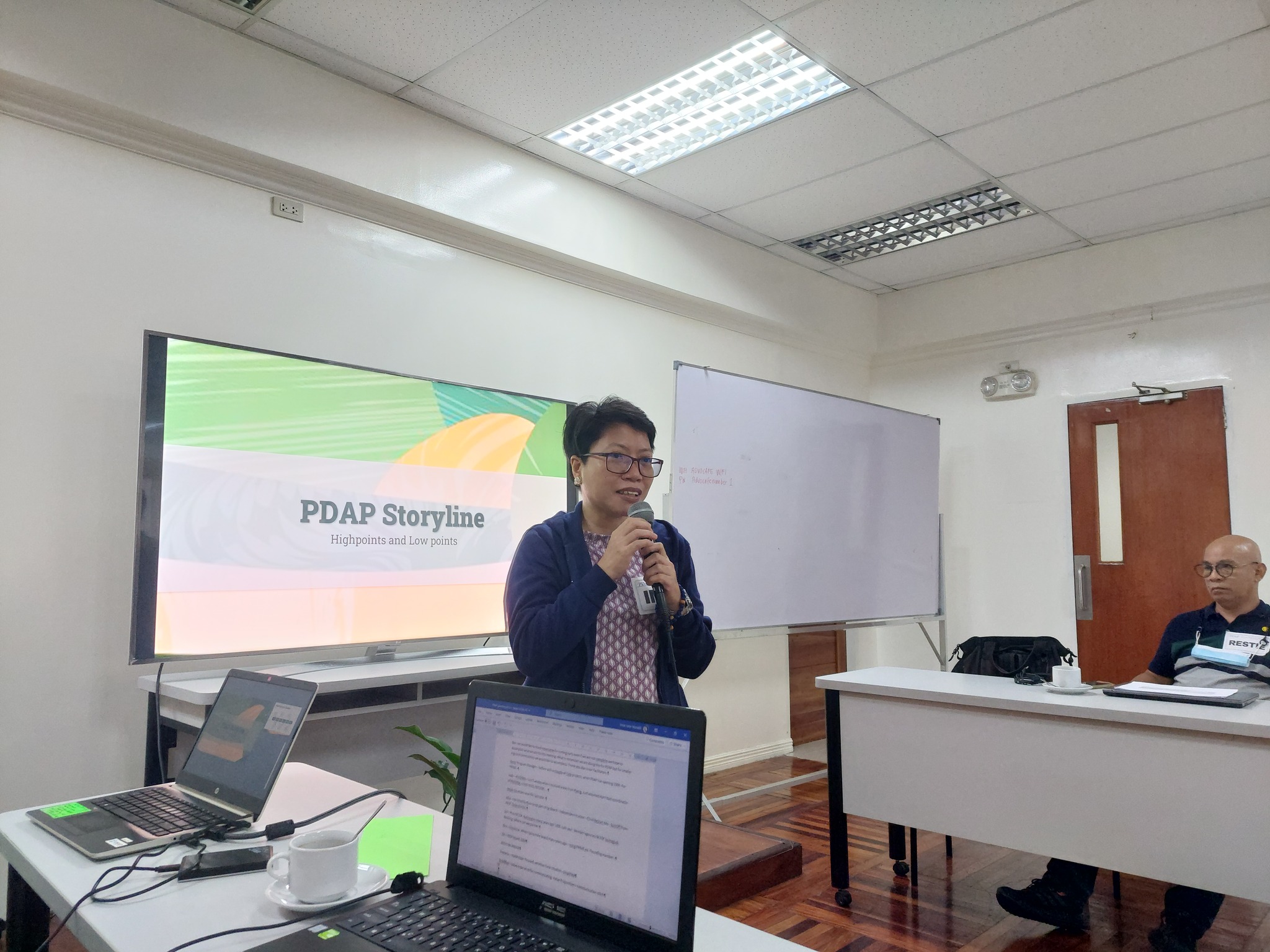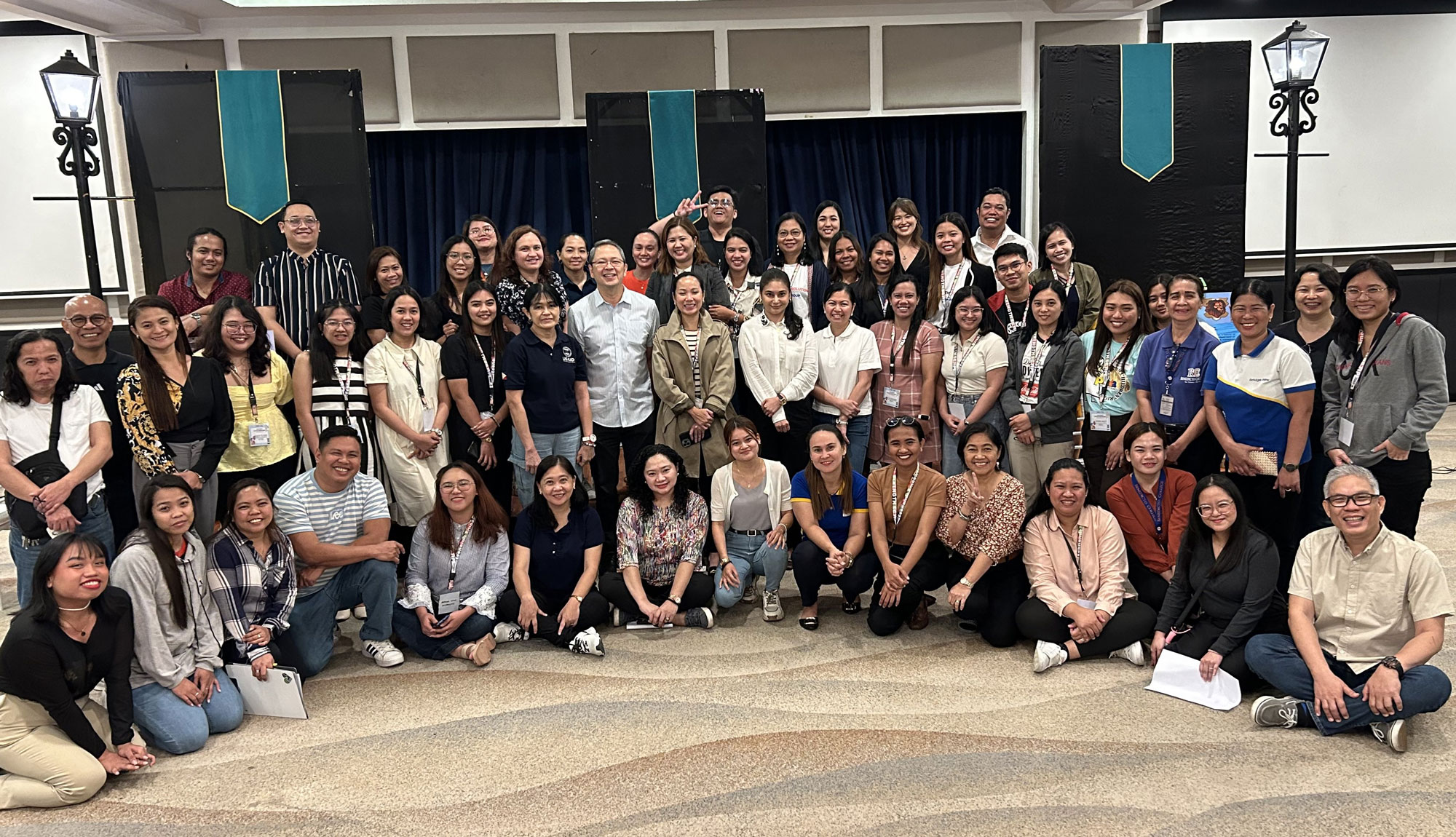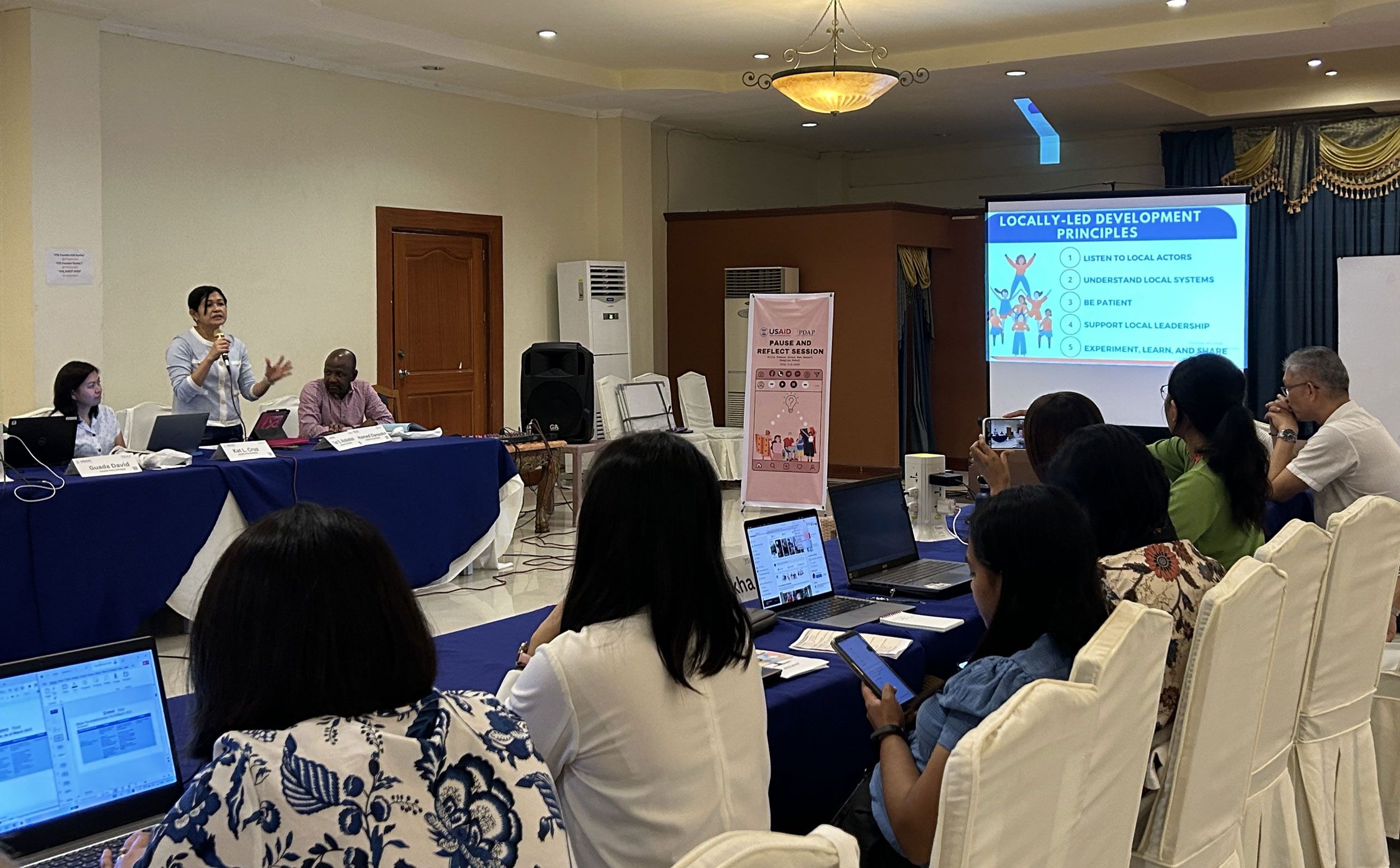In the case of the MalahutayongKahiusahansamgaKababayen-an saBukidnon (Makakabus), which literally means “for the Sometimes, the best man for the job is a woman. In the case of the MalahutayongKahiusahansamgaKababayen-an saBukidnon (Makakabus), which literally means “for the poor” in Cebuano, it is the women farmers who dared to practice sustainable agriculture at a time when other farmers were still into saturating their rice fields with chemical fertilizers and insecticides.
The women were originally members of the BukidnonMasipag Farmers Multi-Purpose Cooperative (BMF-MPC). The co-op was based in Barangay Sinayawan, Valencia, Bukidnon, one of the 10 sites of the concluded Promoting Participation in Sustainable Enterprises (PPSE) program of the Philippine Development Assistant Programme. But because they had felt they weren’t being given the freedom and the funds to implement projects they were committed to doing, they decided to put up their own group in 1998. The Bukidnon Center for Sustainable Agriculture turned over farm equipment in 2001 and the women started various enterprises – farm equipment rental, food catering service and rice trading. At first, they bought and sold rice even if the suppliers were using conventional, inorganic methods. Membership exploded to more than a hundred but when MAKAKABUS enforced a “purely organic” policy, only eight women held on. poor” in Cebuano, it is the women farmers who dared to practice sustainable agriculture at a time when other farmers were still into saturating their rice fields with chemical fertilizers and insecticides. The women were originally members of the BukidnonMasipag Farmers Multi-Purpose Cooperative (BMF-MPC). The co-op was based in Barangay Sinayawan, Valencia, Bukidnon, one of the 10 sites of the concluded Promoting Participation in Sustainable Enterprises (PPSE) program of the Philippine Development Assistant Programme.
But because they had felt they weren’t being given the freedom and the funds to implement projects they were committed to doing, they decided to put up their own group in 1998. The Bukidnon Center for Sustainable Agriculture turned over farm equipment in 2001 and the women started various enterprises – farm equipment rental, food catering service and rice trading. At first, they bought and sold rice even if the suppliers were using conventional, inorganic methods. Membership exploded to more than a hundred but when MAKAKABUS enforced a “purely organic” policy, only eight women held on.
The move was necessary as one of MAKAKABUS’ objectives was to “implement sustainable / organic agriculture to alleviate poverty in Bukidnon province.” And since Valencia was being positioned as the organic rice capital of the Philippines, MAKAKABUS felt that it was in the best position to take advantage of increasing awareness of organic products. MAKAKABUS quickly realized, however, that it was up against human behavior, poverty and centuries of programming using unsustainable agriculture based on destructive practices inherited from the green revolution.
MAKAKABUS provided production loans to member-borrowers and bought their organic rice harvest at PhP 9 per kilo fild weight – 12.5 percent higher than the prevailing market price. The rice was processed using the group’s own post-harvest facilities because by then, MAKAKABUS had earned enough from farm equipment rental to buy more equipment.
Phasing into its new program, Promoting Rural Industries and Market Enhancement (PRIME), PDAP assisted MAKAKABUS in establishing an Internal Quality Control System (IQCS) to produce superior organic products.
Under PRIME, MAKAKABUS had developed another identity – as Local Market Consolidator (LMC) serving as intermediary between the market and farmers. This way, problems in the regularity of supply, high transaction cost, little bargaining power and transparency are addressed.
PDAP also guaranteed MAKAKABUS’ loans from MASS – SPECC of Php1 Million for trading capital and Php 4.5 Million for mortgaged land’s redemption project.
The farmers also knew that the profi margin is plowed directly to the organization. Every sack of palay merits 50 centavos for MAKAKABUS. So even if there are still ordinary rice traders that they can sell their produce to, farmers preferred MAKAKABUS. This trust made the organization what it is now.
![]()

